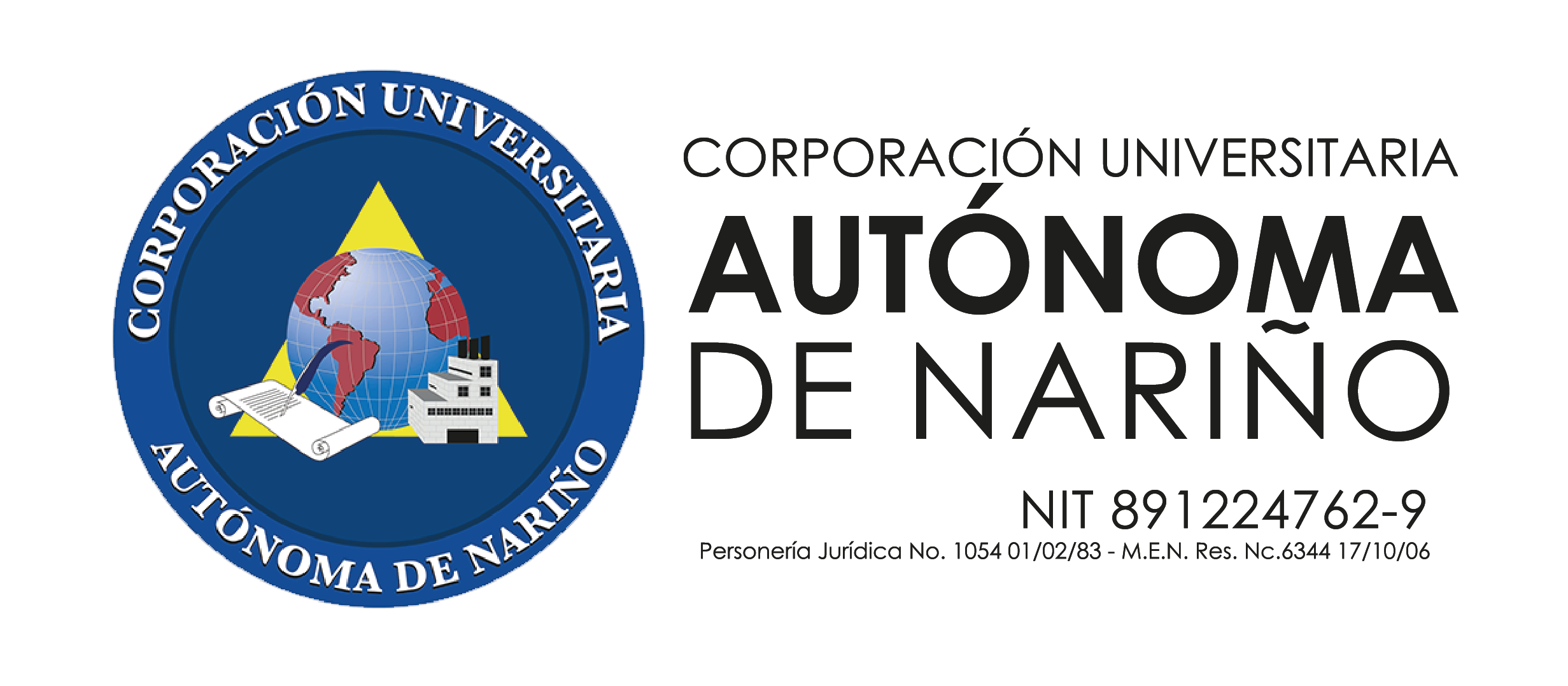Petroleum socioproductive network for complementarity and sustainability in Latin America
DOI:
https://doi.org/10.47666/summa.6.2.8Keywords:
Socioproductive networks and cooperation, petroleum, Latin AmericaAbstract
The construction of a socio-productive network of oil for Latin America is proposed, based on the analysis of the linkage of the oil sector network, the world order and the power organizations that make it up at the micro, meso, macro and target levels. Management innovation in Latin American organizations in the context of the oil sector is associated with their productivity levels. The theoretical support is based on Zimmermann (2004), Petit (2014) and Vasquez (2017). The research is qualitative, with an epistemic documentary-interpretative approach; the bases of the argument are supported from the perspective of the theory of productivity networks oriented to the Socioproductive approach. In the case of Latin America, there are factors that prevent the interweaving of a network of cooperation and coordination whose weakness is seen in the disarticulation of the actors in relation to their international policies, the lack of unified guidelines and the differences of political ideologies are decisive keys to the interlocking of the region. Therefore, through the configuration of a network for complementarity and sustainability since the integration of an international oil policy can be enhanced to strengthen the local - regional economy.
Downloads
References
Albornoz M. y Alfaraz C. (2006). “Redes de Conocimiento: Construcción, Dinámica y Gestión”. Editorial Red Iberoamericana de Indicadores de Ciencia y Tecnología (RICYT) del Programa Iberoamericano de Ciencia y Tecnología para el Desarrollo (CYTED) y la Oficina Regional de Ciencia para América Latina y el Caribe de la UNESCO. Argentina.
Albornoz, Mario (2013). Innovación, equidad y desarrollo latinoamericano. Revista de Filosofía Moral y Política. Número 48. Enero – Julio. Centro REDES, CONICET. Argentina
Flores, Matilde (2008). Redes organizacionales de conocimiento como sustrato para la Innovación. En: Redes de Conocimiento. Conceptos y Aplicaciones. Editores: Rodolfo Faloh y Candelaria Fernández. Editorial Academia. La Habana-Cuba.
Láscaris, Tatiana (2002). Estructura Organizacional para la Innovación Tecnológica. El caso de América Latina. Revista Iberoamericana de Ciencia, Tecnología, Sociedad e Innovación. Número 3. Mayo – Agosto. Universidad Nacional de Costa Rica. Recuperado de: http://www.oei.es/historico/revistactsi/numero3/art02.htm
Peña, Jesús (2000). Vigencia y Transformación del Entrepreneur Shumpetereano.
Revista Nueva Economía No. 15, pp. 49-84.
http://www.redalyc.org/articulo.oa?id=11820086003
Petit, Elsa (2012). El desarrollo organizacional innovador: un cambio conceptual para promover el desarrollo. Revista de Ciencias Sociales, vol. 18, núm. 1, pp. 74-88. www.redalyc.org/pdf/280/28022785006.pdf
Sábato, Ernesto (2011). El pensamiento latinoamericano en la problemática cienciatecnología-desarrollo- dependencia. Colección PLACED. Buenos Aires. Argentina.
Schumpeter, Joseph (1954). History of Economic Analysis. Oxford University Press, New York.
Strauss y Corbin (2002). Bases de la investigación cualitativa. Técnicas y procedimientos para desarrollar la teoría fundamentada. Editorial Universidad de Antioquia. Medellín- Colombia.
Uslar Pietri (1955). Pizarrón. Editorial CEC. Caracas - Venezuela
Vásquez, Francis (2017). Modelo Gerencial Ético Socioproductivo para la Industria Petrolera Venezolana. Tesis Doctoral sin publicar. Universidad Dr. Rafael Belloso Chacín. Zulia, Venezuela.
Zimmermann, Arthur (2004). La teoría de redes, caminos y herramientas. Editorial Abya
Yala.
https://www.google.co.ve/search?q=Zimmermann+Arthur+%282004%29+%E2%80%9C
La+teor%C3%ADa+de+Redes,+caminos+y+herramientas&ie=utf-8&oe=utf8&gws_rd=cr&ei=-OMuWdXUF8qqsQHQyYfYBg








